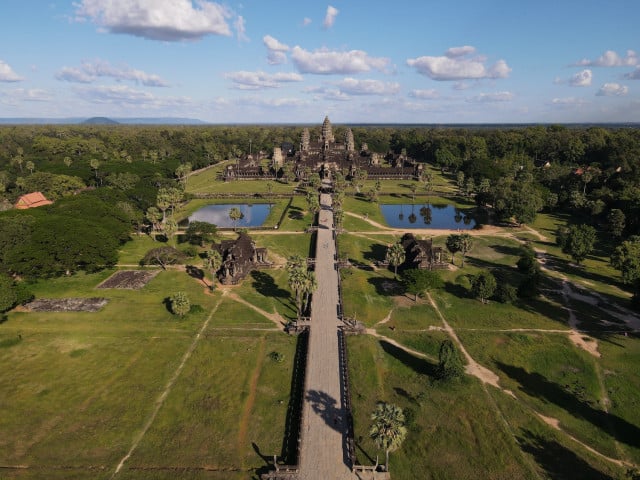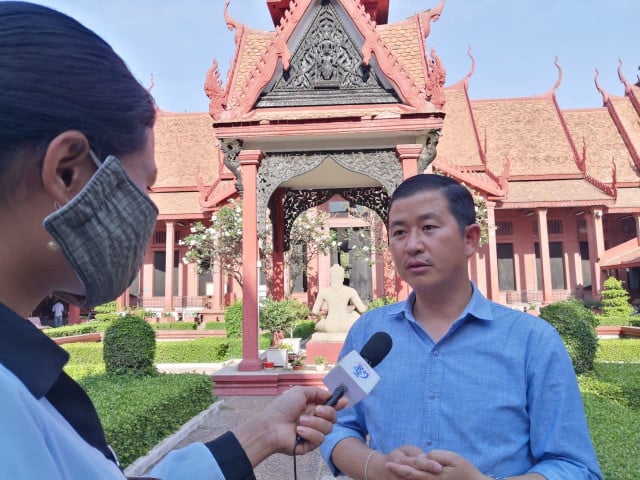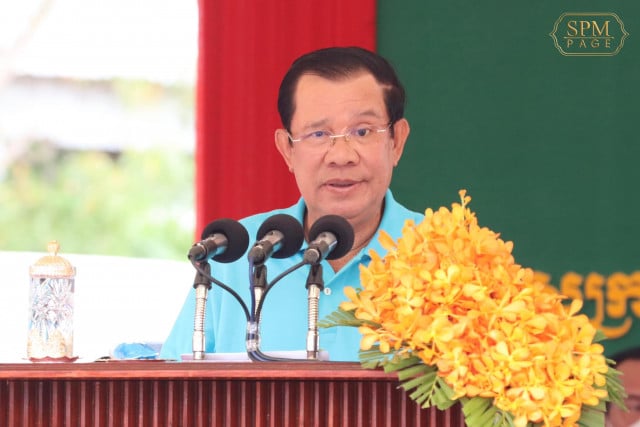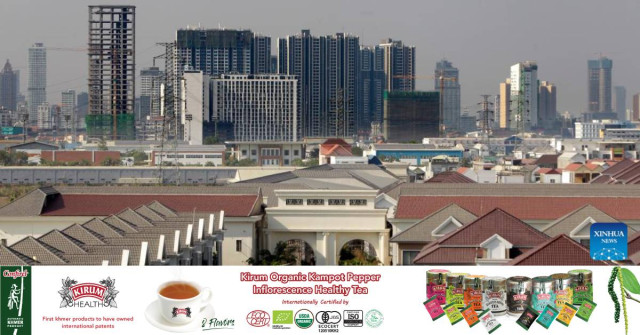Forgetting Angkor in Order to Gain Tourism Independence?

- By Cambodianess
- February 20, 2022 12:44 PM
More than six million international tourists in 2019, less than 200,000 two years later. More than $5 billion in tourism revenue in 2019, less than $200 million two years later. COVID-19 has literally crushed one of the pillars of the country’s economy.
While Cambodia ranks among the 10 countries in the world with the highest percentages of vaccinated people—even though the Omicron variant gives one cold sweats—and life has nearly returned to normal, international tourists are just trickling in.
And yet, the reception procedures for travelers are among the simplest in this pandemic context: no quarantine for adequately vaccinated visitors, a quick test and, if negative, people arriving are allowed to move freely throughout the country.
The problem is that a large majority of international visitors don’t arrive directly in the country. Studies conducted prior to the crisis clearly showed that, in general, visitors were including their stay in Cambodia as a complement to their visit to the region. One goes to Thailand, Vietnam and takes the opportunity to drop by Cambodia to spend a few days visiting Angkor’s monuments.
Because, as many professionals in the sector deplore, Cambodia is not perceived as a destination in its own right where one comes to spend a few weeks during one’s annual vacation. One week touring the temples, a few days on the gulf shore followed by a few days trekking in the forest or the remote areas of the country: This is what Cambodia could actually offer visitors. But visitors ignore this. For them, Cambodia only amounts to the temples of Angkor. A result of short visits and, especially, of depending on what is happening in the neighboring countries. Relaxing entry formalities here will not have much of an impact as long as they are complicated in countries being crossed on the way here.
The authorities and professionals in the field are aware of this since public relations campaigns will be launched to show the diversity of the tourist attractions and facilities in the country.
One might suggest to them to forget Angkor Wat in this public relations effort.
To speak of everything except Angkor Wat. To emphasize the beaches, the ecotourism sites, the natural parks, people’s friendliness and hospitality, etc.
The temples of Angkor are in all guidebooks. Not the rest. Or hardly.
This may be, oddly enough, the price to pay for the country to gain its touristic independence.
The pandemic has run the tourism industry into the ground. May this at least be a lesson.















